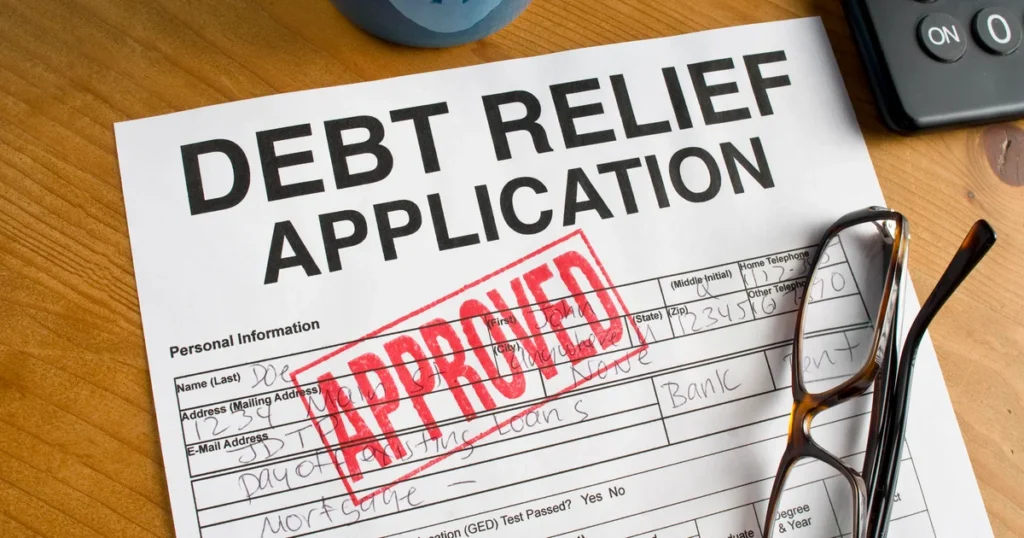Feeling overwhelmed by debt? Discover how to use a debt consolidation loan wisely to regain control, reduce stress, and rebuild your financial future.
You’re Not Alone — Debt Can Feel Crushing
If you’re reading this, chances are you’ve felt the weight of debt pressing down on you. The late-night worries, the calls from creditors, the endless juggling of payments — it can drain your energy and hope.
A debt consolidation loan can be a lifeline. But it’s only a tool — and using it effectively requires a plan, discipline, and a mindset shift.
Step 1: Commit to Change
This loan isn’t just about merging debts — it’s about taking control of your life again. Make a promise to yourself: this
time will be different.
- No new credit cards
- No impulse spending
- No ignoring your budget
Change is hard, but the relief and freedom on the other side are worth every effort.
Step 2: Create a Realistic Budget
The best loan in the world won’t help if your spending habits don’t change.
Start by tracking your monthly income and expenses honestly. Look for:
- Non-essential spending to cut
- Opportunities to increase income
- Realistic monthly payments you can make without stress
Your budget is your roadmap — it guides every step to financial health.
Step 3: Understand Your Loan Terms Fully
Know exactly:
- How much you owe
- Your interest rate
- Monthly payment amount
- Loan payoff date
- Any fees or penalties
Understanding your loan takes away fear and builds confidence.
Step 4: Automate Your Payments
Set up automatic payments so you never miss a due date. This simple step protects your credit and keeps you on track without daily worry.
Step 5: Build an Emergency Fund
Unexpected expenses are part of life. Without savings, you might fall back into debt.
Even saving a small amount each month builds a safety net. This fund protects your consolidation progress and your peace of mind.
Step 6: Avoid Temptation and New Debt
It’s tempting to keep using credit cards after consolidation, thinking you’ve “cleared” your debt.
Don’t fall into this trap. Closing or freezing cards can help, but more importantly, remind yourself why you’re doing this — to be free.
Step 7: Celebrate Progress, Not Perfection
Every payment made, every month sticking to your budget is a victory.
Debt feels like a mountain, but step by step, you are climbing it. Celebrate those wins to stay motivated.
Step 8: Seek Support When Needed
Don’t hesitate to reach out for help. Talk to trusted friends, family, or a financial counselor.
Sometimes, sharing your struggles lifts the burden and gives you strength to keep going.
Used in This Article
- managing debt stress
- budgeting after consolidation
- debt repayment motivation
- financial discipline tips
- emergency fund importance
- loan payment automation
- avoiding credit card debt
- emotional impact of debt
- debt freedom journey
- financial support resources
Frequently Asked Questions
Can a debt consolidation loan really reduce my stress?
Yes. Simplifying payments into one loan reduces confusion and anxiety about multiple bills.
How do I stay motivated during repayment?
Set small goals, track progress, and celebrate milestones. Remember why you started.
What if I face unexpected expenses?
An emergency fund helps you avoid new debt. Even small savings can make a big difference.
Should I close my credit cards?
If you struggle with spending, yes. Otherwise, freeze or limit use until you build better habits.
Is it okay to ask for help?
Absolutely. Support from professionals or loved ones can be crucial to your success.
Conclusion
Using a debt consolidation loan effectively is about more than numbers — it’s about reclaiming your peace and freedom. With commitment, a solid plan, and self-compassion, you can turn your financial stress into confidence and hope.
Remember: this journey isn’t easy, but you don’t have to walk it alone. Every step forward is a victory worth celebrating.
You can do this.


